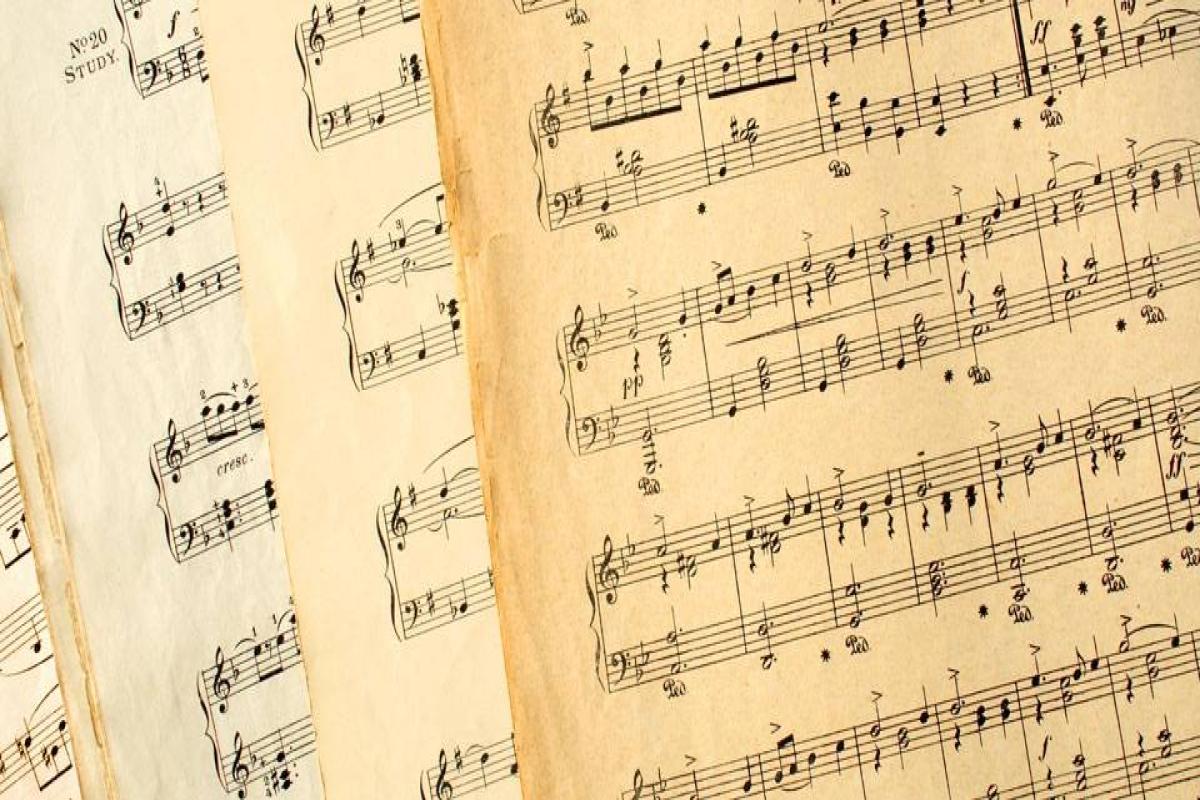
Is it important to learn music theory?
I would like to start learning an instrument, take piano lessons, guitar lessons, singing lessons, drum lessons or other... do I have to take music theory lessons? I want to learn the drums, but I don't need to learn the pitch of the notes, right? I recently saw that there is a method to learn the guitar without doing music theory, does it really work?... So many legitimate questions you can ask yourself before you start learning to play an instrument... This article is here to answer them!
Yes, music theory is useful. It is essential even for anyone who wants to become a musician. Why is that? Because it is the tool to write and read music, of course, but be careful, as in many situations, it is a question of clearly identifying your objective!
What is the goal, exactly? To become an accomplished musician, or rather to have a basis to be able to play a few songs with friends? As with learning a language, it is quite possible to learn to converse simply, without reading or writing. However, if you want to go a step further and study, interpret, debate (all these linguistic terms can be applied just as well to music), learning to read and write becomes essential. To learn an instrument, it's the same thing, so defining your objective is essential!
It is true that there are techniques, so-called revolutionary techniques, which claim to learn music without solfeggio, and they work, but to a certain extent. To use the analogy with learning a language, it's as if, at a certain point, I had to teach you the past participle chord: if you don't know the alphabet, it can get complicated!...
But is it necessary to take a solfeggio course separate from your instrument course, once a week, when you are a child and you are just beginning to discover an instrument? At an age when the emphasis is on fun and play, rather than on theory and rigour? I can say that no, and this from my personal experience...
With few exceptions, indeed, music theory lessons are felt by children to be boring and dull. And as if that wasn't enough, they are two to three times slower than the "accelerated" version for adults. I have experienced both types of learning. As a child, I had to take the "classical" music theory classes, which were part of the curriculum at the conservatory where I studied. I didn't like it, I spent my time distracting the students. In three years of lessons, before I stopped, I hadn't learnt much, for the first good reason that I was being taught notions which, at that time, were of no use to me at all. Learning to sing and to recognise a C of an E, on a G or F key staff... it couldn't seem useful, of course, since there was no direct and concrete link with the instrument I was learning (the drums).
I think I can say that I learnt almost nothing, because when I started again later, as a teenager, I had to start from scratch. By the way, why did I have to start again? Quite simply because I had the desire to compose, and the need to be able to read the scores of the pieces I wanted to accompany. This sudden interest created in me a motivation that allowed me to learn in 6 months what they had tried to teach me in 3 years, when I was younger. As a result, I learned much more and much faster! This experience led me to have a different idea of how music theory should be offered to students.
Thus, in our Apolline school in Lausanne, we have the following philosophy: during the first years, the music theory is integrated into the learning of the instrument, this with parsimony. The pupil learns only what he needs and the acquired knowledge is immediately put into practice with the instrument. In this way, the notions of solfeggio make sense and are easier to understand.
Later on, when the student reaches a certain level of maturity, it then becomes totally justified for him to take solfeggio lessons separately. He will also be able to study harmony and even counterpoint. But if he does so, it will only be out of envy and personal interest: only then, as if by magic, will learning music theory become quick and easy!
Want to know more? Read our article Take a drum class ?
